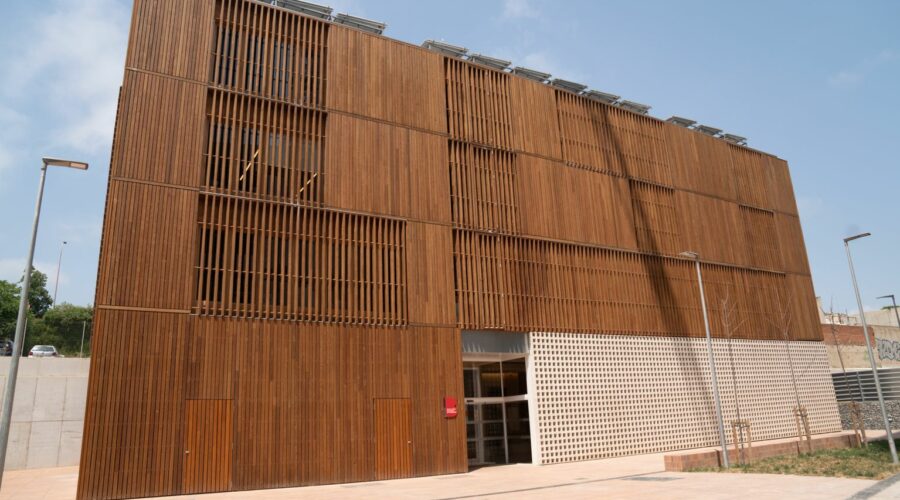
Over the course of the last six months, Catalonia has demonstrated its commitment to the environment by recycling approximately 17,000 tons of electronic or electrical waste (WEEE).
This impressive achievement covers a wide range of devices, from cell phones and razors to dryers, washing machines, refrigerators and computers, and even photovoltaic panels.
On average, during this first half of the year, each person has contributed to the recycling of approximately five kilos of this type of waste, representing an increase of 6.4% compared to 2022.
In an effort to meet and exceed European recycling targets, Catalonia has managed to recycle 61% of the electronic or electrical devices purchased in the local market, slightly exceeding the national average for Spain, which stands at 58%.
Although the European Union aims to achieve 65% recycling, this milestone seems increasingly achievable by Catalonia.
E-waste recycling: one step closer to meeting European targets
Catalonia is at the forefront of the fight against these obstacles. It has implemented a framework agreement to encourage companies to facilitate the recycling of electronic products and the first fines have been applied to large companies that have not complied with this service.
It is essential to highlight that in some cases, companies mention this responsibility in small print and benefit from the general ignorance of the population about their rights.
Despite these advances, there are other challenges, such as the excessive bureaucracy required for recycling and theft affecting some collection points. In addition, some devices, such as cell phones, are often not included in recycling calculations due to the phenomenon known as the “treasure effect”.
Many people prefer to keep disused devices, such as additional cell phones, rather than discard them, which can distort recycling figures when calculated on the basis of sales.
Recycling household appliances in an irregular manner, without using official collection points, presents significant environmental risks.
For example, if a refrigerator is abandoned in a dumpster, informal collectors can extract the copper from the compressor without properly treating the polluting gases, which could pollute as much as a car driving 15,000 kilometers.
In addition, some electronic devices contain mercury, an environmentally harmful metal, or phosphorus that can contaminate large volumes of water.
Other challenges
Photovoltaic panels also present an additional challenge. Despite having a useful life of approximately 20 to 25 years, many people replace them due to the greater efficiency of current technologies.
This increase in the amount of discarded solar panels highlights the importance of raising awareness among both companies and consumers of the need to recycle these products responsibly in order to take advantage of the valuable materials they contain.



